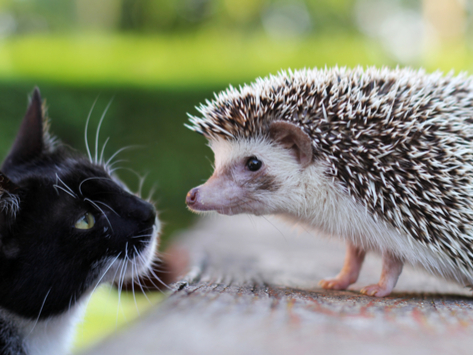How I Learned of the Venerable Pancake
Occasionally I Google things (it still amazes me that is a verb now). It's one of my favourite 21st century luxuries, with a specific process that happens every time:
1. Have a question, which may or may not be an important or significant one.
2. Look it up on Google.
3. ???
4. Knowledge acquired.
It's fantastic. We in the 21st century who have internet-capable devices are truly spoiled in this way. Nearly the entirety of human knowledge is at our fingertips.
So what did I do earlier with this cornucopia of knowledge? 'Pancakes.'
Not how to make them. What they are, and the history of them. The process went like this:
1. Pancakes?
2. Look it up on Google.
3. Skim the Wikipedia article.
4. Knowledge acquired, sufficient to satisfy brief curiosity.
So having now learned that pancakes in many forms are a staple food all around the world and that the Ancient Greeks were enjoying breakfast pancakes (which they called tēganitēs, among other names) in a similar way as your average American does today... what do I do with this knowledge?
The main point of learning is ultimately to become a better human being: more competent, more skilled, more knowledgable or wise. So thanks to the unstoppable search engine that is Google and the good folks over at Wikipedia, how am I better off for knowing about the venerable pancake?
I suppose one of the benefits of knowing what I know now is that it provides one of the classic benefits of knowing history and/or geography: perspective. Knowing that the ancient Greeks and Romans would have chatted over breakfast pancakes like we do now makes the distant past seem a little less distant and a little more real.
Also when I say 'we' chat over breakfast pancakes, it's a very inclusive 'we'. Pretty much every culture that invented bread (and some which didn't) invented a form of pancake too. Here are my favourite examples from the Wikipedia article:
Eritrea and Ethiopia: called injera, made of teff flour and eaten with the right hand with stew and salads. Functions simultaneously as food, eating utensil and plate, which is honestly much smarter than having all those things separately.
Uganda: locally made with bananas. Wikipedia unfortunately doesn't say what kind of bananas. Probably Ugandan bananas?
Nepal: savoury rice pancake called chatamari, cooked with meat or eggs on top. Also known as the Newari Pizza, as it is served and eaten similarly to American pizza. If ever you needed a reason to visit Nepal, the fact that they've combined the magic of pancakes and pizza is a pretty good one.
The main point of learning is ultimately to become a better human being: more competent, more skilled, more knowledgable or wise. So thanks to the unstoppable search engine that is Google and the good folks over at Wikipedia, how am I better off for knowing about the venerable pancake?
I suppose one of the benefits of knowing what I know now is that it provides one of the classic benefits of knowing history and/or geography: perspective. Knowing that the ancient Greeks and Romans would have chatted over breakfast pancakes like we do now makes the distant past seem a little less distant and a little more real.
Also when I say 'we' chat over breakfast pancakes, it's a very inclusive 'we'. Pretty much every culture that invented bread (and some which didn't) invented a form of pancake too. Here are my favourite examples from the Wikipedia article:
Eritrea and Ethiopia: called injera, made of teff flour and eaten with the right hand with stew and salads. Functions simultaneously as food, eating utensil and plate, which is honestly much smarter than having all those things separately.
Uganda: locally made with bananas. Wikipedia unfortunately doesn't say what kind of bananas. Probably Ugandan bananas?
Nepal: savoury rice pancake called chatamari, cooked with meat or eggs on top. Also known as the Newari Pizza, as it is served and eaten similarly to American pizza. If ever you needed a reason to visit Nepal, the fact that they've combined the magic of pancakes and pizza is a pretty good one.
So I suppose you could say that I'm little more worldly now that I bothered to type 'pancake' into Google and scroll past the recipes that immediately popped up. You might be able to say that I've gotten 0.01% more understanding of cultures foreign to me, seeing as human beings almost universally as a species seem to have a taste for flat-bread-cake things.
Mostly I am just really, really craving some pancakes right now.
Mostly I am just really, really craving some pancakes right now.
 |
| Pictured: the author acting on his pancake urges. Also pictured: author's left hand, trying to be cool. |



Comments
Post a Comment